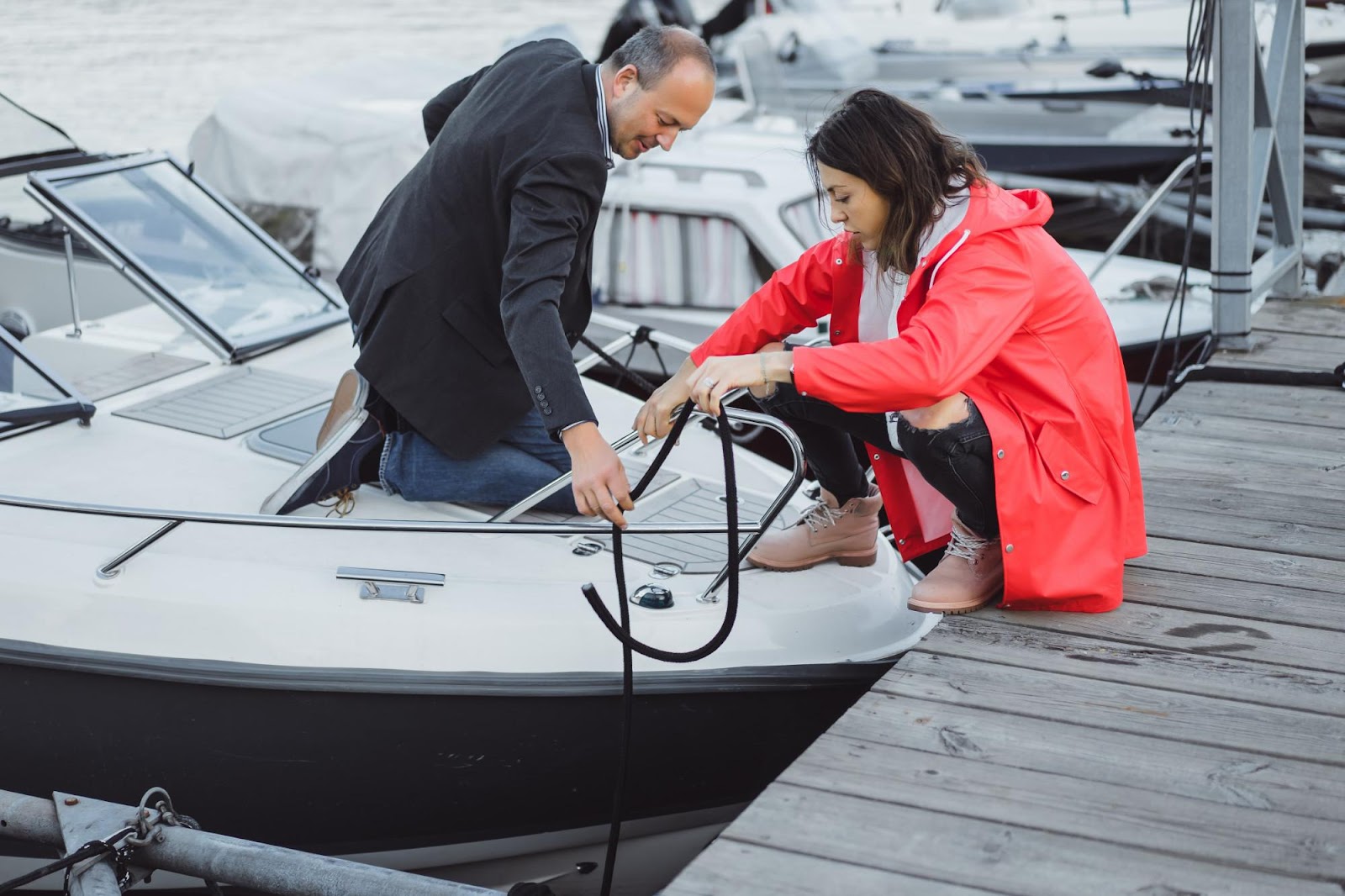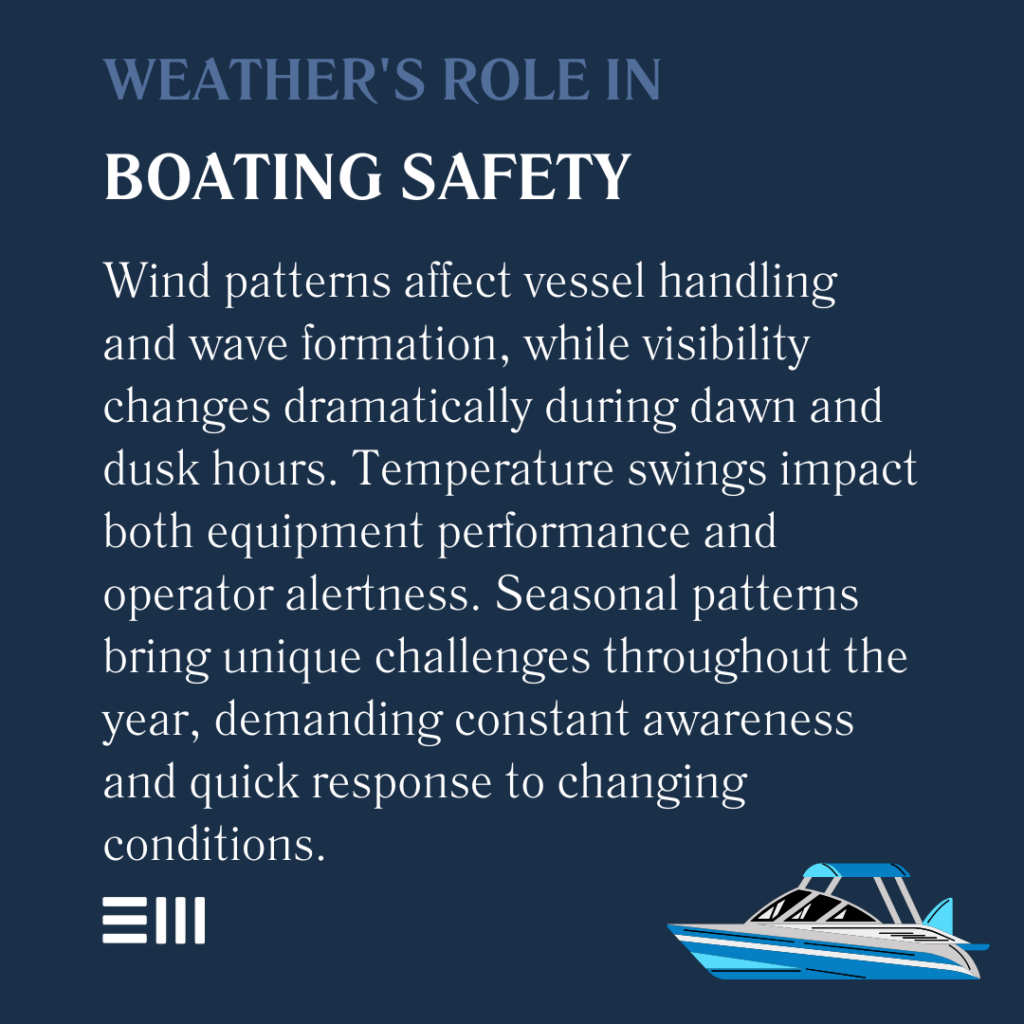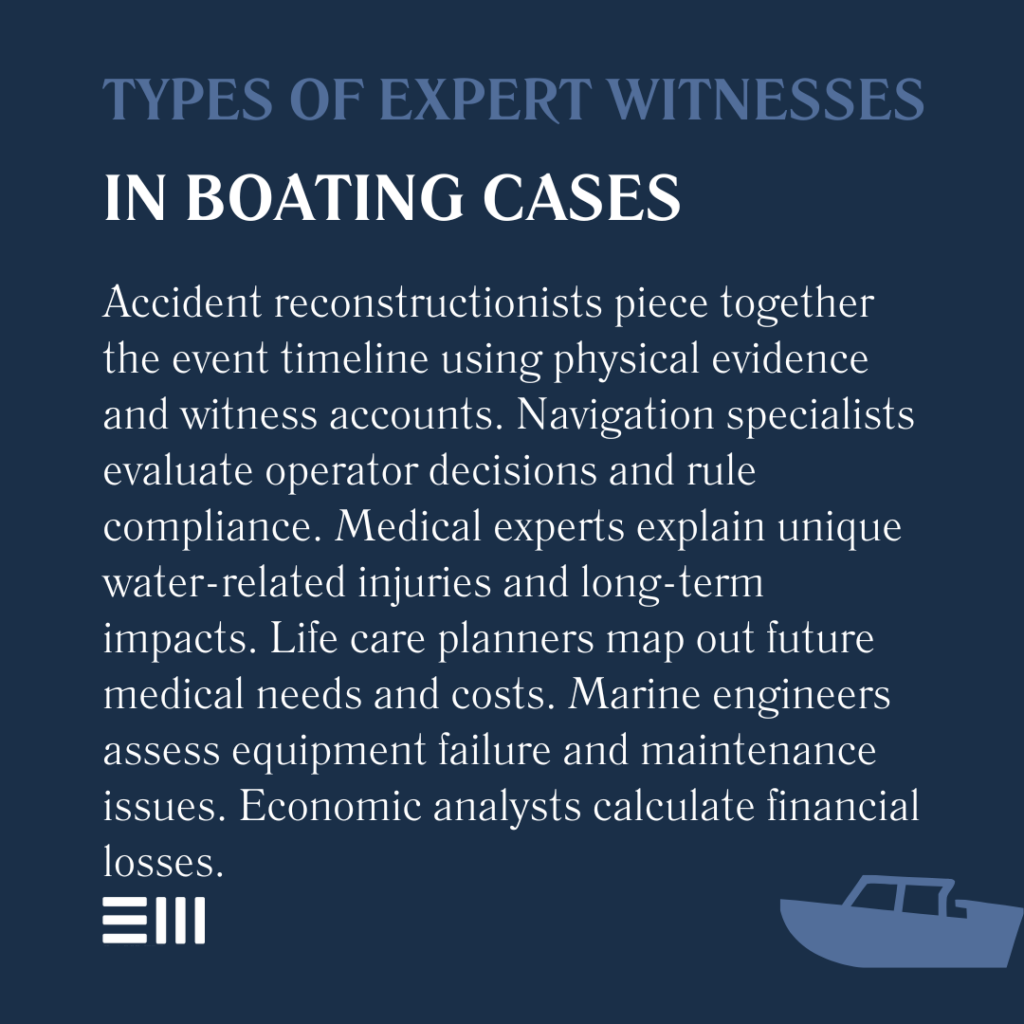
A perfect day on Alabama’s waters can change in an instant.
From Lake Guntersville’s endless coves to Mobile Bay’s sprawling expanse, thousands of families trust these waterways for recreation and relaxation.
Yet beneath the sparkling surface and gentle waves lies an often-overlooked reality—when accidents occur, victims face a complex maze of maritime laws, insurance claims, and life-altering decisions.
Whether you’re piloting a fishing boat through Wheeler Lake’s channels or steering a pontoon across Lake Martin’s open waters, understanding your rights and responsibilities could mean the difference between financial recovery and devastating loss.
Understanding Boating Accidents in Alabama Waters
Alabama’s diverse waterways present unique challenges for recreational boaters, from crowded holiday weekends on Lake Martin to challenging coastal conditions in the Gulf.
Each body of water carries its own set of risks and regulatory requirements that directly impact accident liability and prevention.
Common causes of boating accidents in Alabama include:
- Operator inattention during high-traffic periods;
- Excessive speed in narrow channels or near docked vessels;
- Alcohol-related incidents, particularly during holiday weekends;
- Equipment failures affecting steering or propulsion systems; and
- Adverse weather conditions and poor visibility scenarios.
These patterns help establish liability and inform safety measures for all watercraft operators.

Maritime Law and Boating Regulations
Alabama’s boating laws interweave with federal maritime regulations, creating a complex framework for accident cases. Understanding these laws proves essential for establishing liability and securing compensation.
Key legal considerations include:
- Federal navigation rules and right-of-way requirements;
- State-specific boating license and education requirements;
- Blood alcohol concentration limits for watercraft operation;
- Equipment and safety device regulations; and
- Accident reporting requirements and deadlines.
This legal framework guides both prevention efforts and post-accident procedures.
Types of Watercraft Negligence
Negligence in boating accidents takes many forms, each carrying different liability implications. Understanding these distinctions helps victims pursue appropriate legal remedies.
Common forms of watercraft negligence include:
- Operating at dangerous speeds in congested areas;
- Failing to maintain a proper lookout for other vessels;
- Ignoring weather warnings or water conditions;
- Operating without required safety equipment; and
- Violating navigation rules or wake restrictions.
Each type of negligence requires specific evidence to establish liability.
Compensation for Boating Accident Victims
Victims of recreational boating accidents may pursue various forms of compensation depending on injury severity and accident circumstances. Each case receives individual evaluation based on multiple factors.
Available compensation categories include:
- Medical expenses and ongoing treatment costs;
- Lost wages and reduced earning capacity;
- Property damage to vessels and equipment;
- Pain and suffering damages;
- Rehabilitation expenses; and
- Life care costs for permanent injuries.
Understanding these options helps victims make informed decisions about legal action.
Insurance Considerations in Boating Accidents
Navigating insurance coverage after a boating accident presents unique challenges. Multiple policies may come into play, each with specific coverage limits and exclusions.
Relevant insurance types include:
- Boat-specific insurance policies;
- Homeowner’s insurance with watercraft coverage;
- Marina liability coverage;
- Umbrella policies extending to watercraft; and
- Medical payments coverage for boating incidents.
Proper insurance analysis ensures maximum coverage for accident victims.
Immediate Steps After a Boating Accident
The moments following a watercraft collision or accident require quick thinking and careful documentation. Understanding proper post-accident procedures protects both your health and legal rights during this critical time.
Essential actions after a boating accident include:
- Ensuring immediate safety of all passengers and providing emergency aid;
- Moving vessels to safe positions while avoiding additional hazards;
- Contacting marine law enforcement and emergency services;
- Collecting contact information from all involved parties and witnesses;
- Documenting weather conditions, visibility, and water traffic;
- Photographing damage to all vessels and noting positions;
- Preserving GPS data and communication records; and
- Recording operator credentials and insurance information.
These immediate actions lay the groundwork for successful injury claims and investigations.
Common Injuries in Recreational Boating Accidents
Watercraft accidents often result in unique injury patterns that require specialized medical attention. Understanding these injuries helps victims anticipate treatment needs and long-term recovery requirements.
Typical boating accident injuries include:
- Traumatic brain injuries from collisions or falls overboard;
- Spinal cord damage due to high-speed impacts;
- Propeller-related injuries requiring extensive reconstruction;
- Near-drowning incidents causing long-term respiratory issues;
- Hypothermia complications in cold-water accidents;
- Bone fractures from vessel impacts or deck falls; and
- Soft tissue injuries requiring extended rehabilitation.
Each injury type demands specific medical expertise and may impact long-term recovery options.
Role of Expert Witnesses
Complex boating accident cases often require expert testimony to establish liability and damages. These professionals provide crucial insights into accident dynamics and regulatory compliance.
Key expert categories include:
- Marine accident reconstructionists;
- Navigation safety specialists;
- Weather and environmental conditions experts;
- Medical professionals specializing in maritime injuries;
- Life care planning specialists;
- Economic loss analysts; and
- Marine engineering experts.
Expert testimony strengthens cases by providing an authoritative analysis of accident causes and consequences.

Preventive Safety Measures
While accidents can’t always be prevented, following established safety protocols significantly reduces risk. Understanding and implementing these measures protects all waterway users.
Essential safety practices include:
- Regular maintenance checks of all vessel systems;
- Weather monitoring and trip planning procedures;
- Proper passenger briefing and safety equipment location;
- Navigation light maintenance and proper usage;
- Emergency communication system testing;
- Fuel management and ventilation procedures; and
- Wake awareness and speed control in various conditions.
These practices demonstrate responsible vessel operation and may impact liability determinations.
Frequently Asked Questions About Alabama Boating Accidents
Alabama boating accident victims often face uncertainty about their rights and options.
These answers address common concerns following watercraft incidents in Alabama waters.
What if the Accident Involved an Uninsured Boater?
Various coverage options exist for accidents involving uninsured operators, including personal insurance policies and legal action against responsible parties.
Who Investigates Boating Accidents in Alabama?
Multiple agencies may investigate, including Marine Patrol, Coast Guard, and local law enforcement. Each plays a distinct role in determining cause and liability.
How Are Fault and Liability Determined?
Investigation findings, witness statements, and physical evidence combine to establish fault. Multiple parties may share liability depending on circumstances.
What Safety Equipment Is Required by Law?
Alabama law mandates specific safety equipment based on vessel size and type. Compliance affects both prevention and liability.
Can I Seek Compensation for Emotional Trauma?
Victims may pursue damages for psychological impact alongside physical injuries, particularly in severe accidents.
Navigate Your Recovery With Confidence
The aftermath of a boating accident brings numerous challenges, from complex maritime laws to insurance negotiations.
Our experienced team understands Alabama’s waterways and the unique aspects of recreational boating accidents. We combine local knowledge with legal expertise to guide accident victims toward full recovery.
Don’t let questions about liability or concerns about compensation keep you from seeking help.
Contact our office today for a free consultation about your boating accident case. We’ll evaluate your situation, explain your options, and help you chart a course toward recovery.
Can't find what you're looking for? Search our site below.










